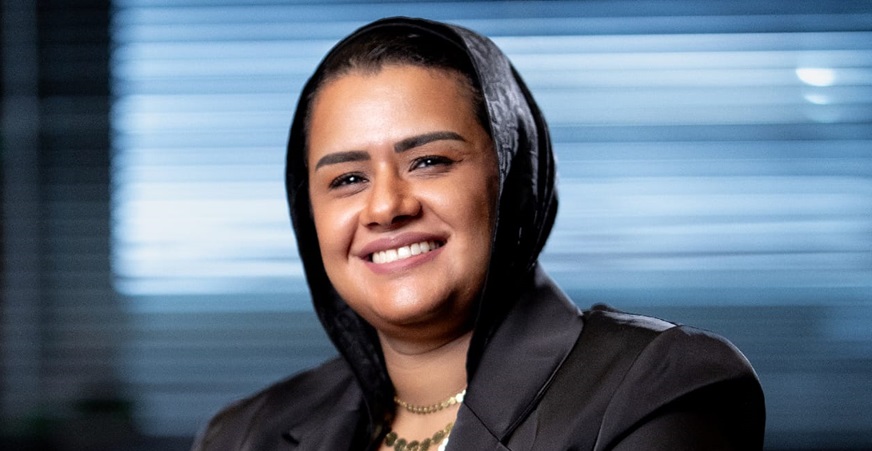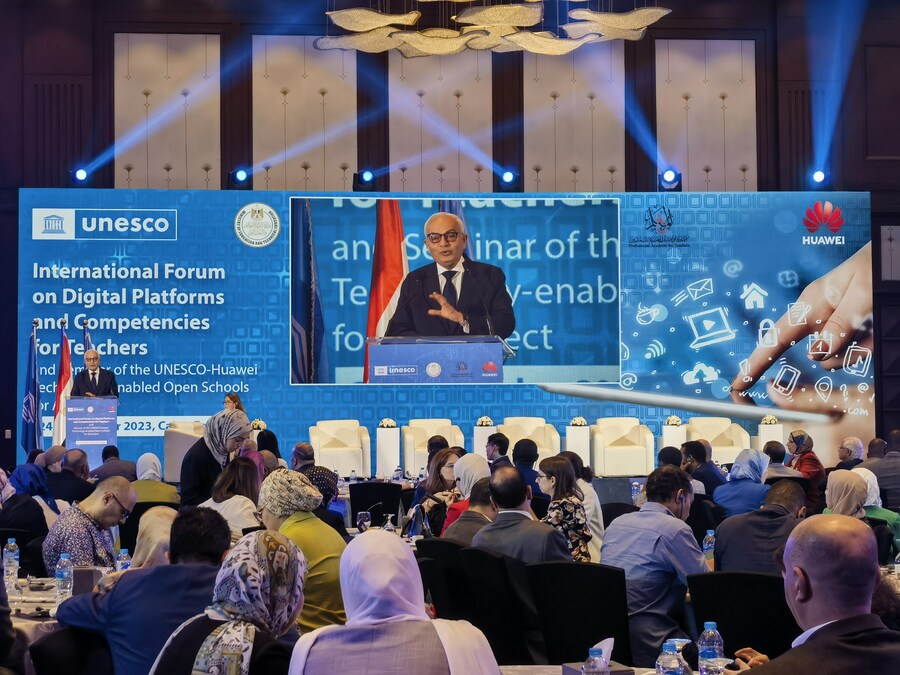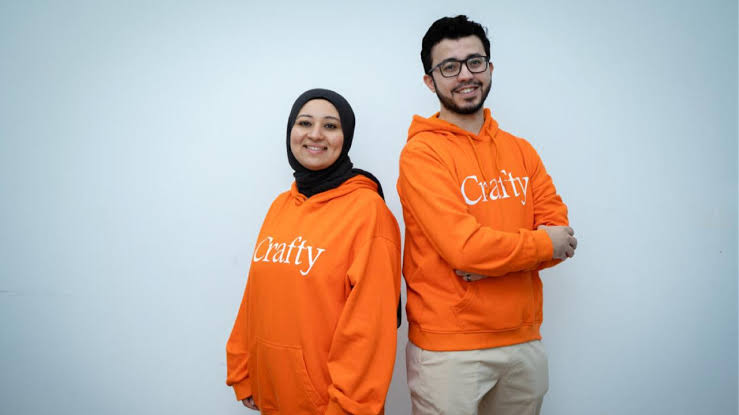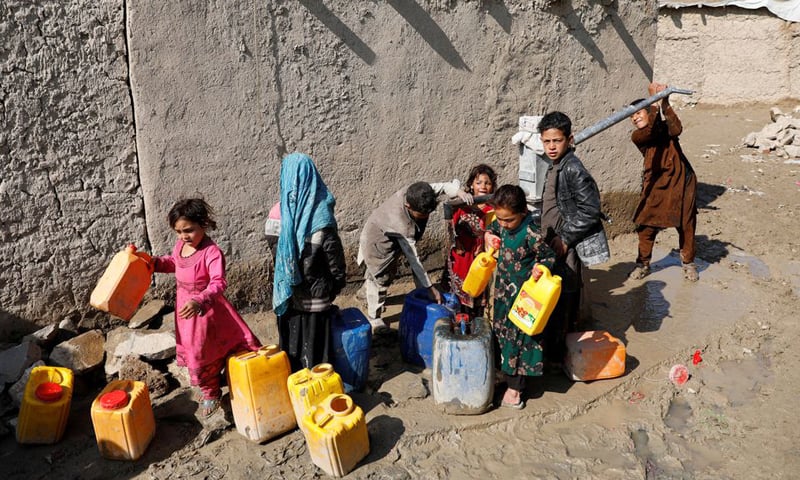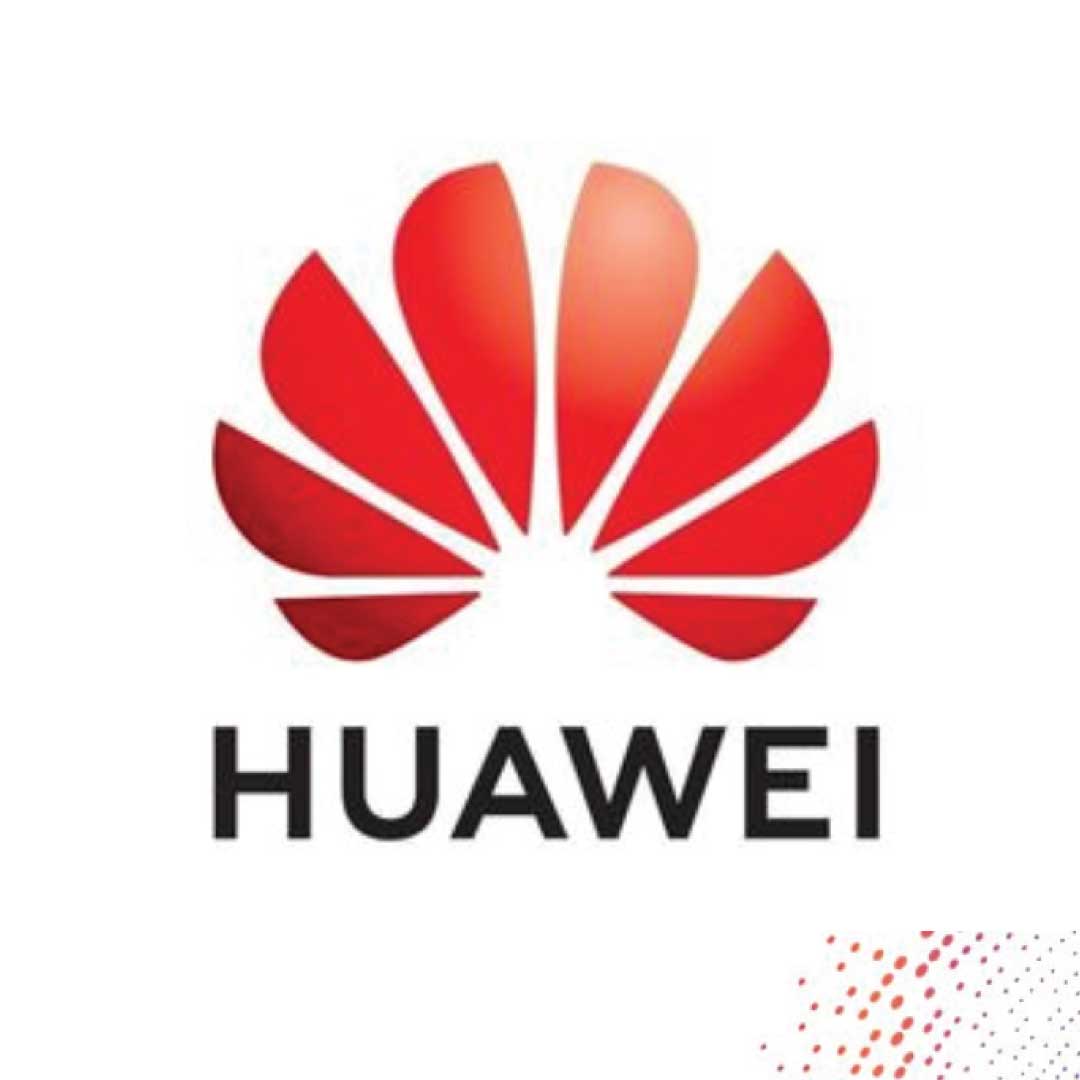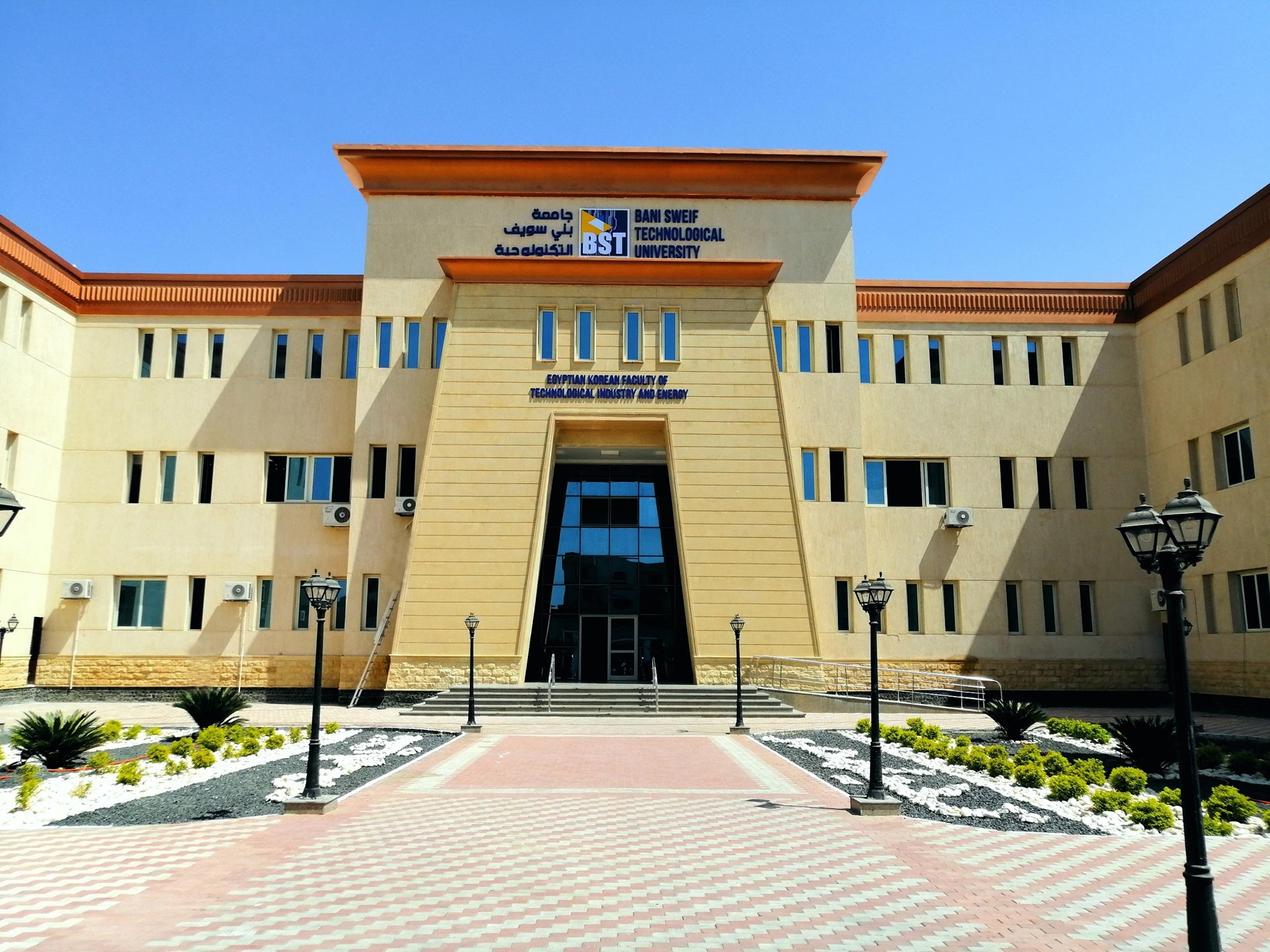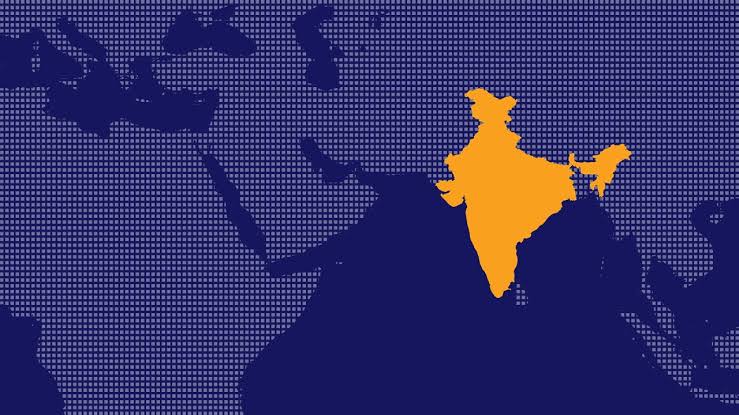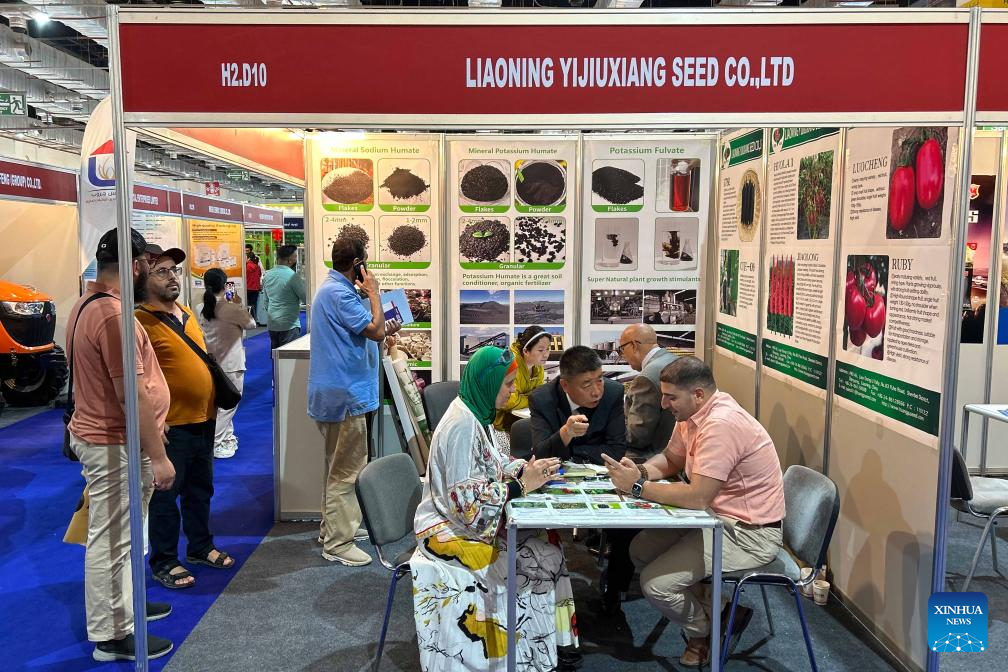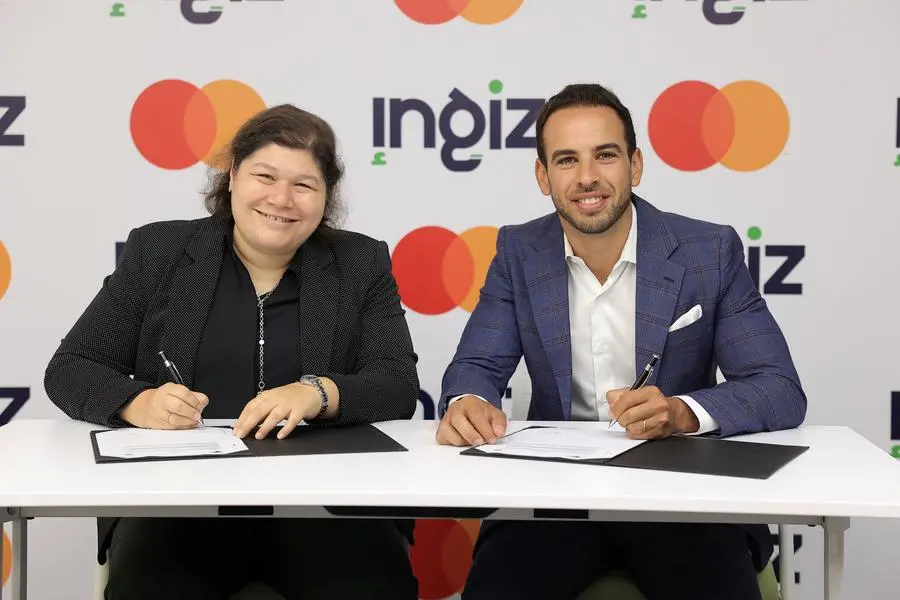Egypt is seeing a boom in entrepreneurship as more and more businesses spring up to address the urgent issues facing the nation.
Millions of Egyptians’ lives are being improved by the solutions these entrepreneurs are using technology to provide, in fields ranging from healthcare to education, agriculture to transportation.
But starting and growing a software company is no small task. It takes not just a brilliant idea but also capital, connections, mentorship, and access to markets. T-Vencubator fills that need.
Read also: Egypt Avanz Capital funds Trella logistics startup
Describing T-Vencubator
Though it is a recent addition to the African tech scene, T-Vencubator is not like other incubators or venture capital firms. It is a cross between the two, providing a special “Vencubation” concept that brings together the greatest aspects of both.
T-Vencubator is the first digital venture capital business and incubator in Egypt. Its exclusive objective is investing in Egyptian entrepreneurs that want to digitize the country and solve issues that its citizens share.
“Through the best of venture capital and incubators benefits combined, our mission is to bridge Egypt’s entrepreneurial potential and its technological capabilities, empowering startups to solve societal problems and shape Egypt’s future,” the company stated on its official website.
How is the T-Vencubator operated?
Pre-seed and seed are the two stages in which the T-Vencubator runs. T-Vencubator chooses potential entrepreneurs with a minimum viable product (MVP) for the pre-seed phase and offers them access to its cutting-edge co-working environment, mentorship program, and network of partners and specialists in addition to up to $50,000 in funding.
For firms that have found product-market fit and traction, T-Vencubator offers up to $250,000 in capital during the seed stage in addition to providing advice on legal, financial, and scaling issues.
In order to promote a thriving community of innovators, investors, and entrepreneurs, T-Vencubator also hosts competitions, workshops, and events.
What individuals are in charge of T-Vencubator?
T-Vencubator is run by a group of driven and experienced individuals who are all committed to using technology to alter Egypt.
Reem Safy is the Chief Executive Officer (CEO) of T-Vencubator. He is an angel investor and serial entrepreneur who has created and sold multiple profitable firms in the area. The largest network of angel investors in Egypt, the Egyptian Business Angels Network (EBAN), was founded and is still led by her.
We think that a lot of Egypt’s problems can be resolved with the use of technology. We’re investing in extraordinary talent that is reshaping Egypt’s future, not only startups,” Safy stated.
Hazem El Samra, a seasoned marketer and strategist with experience working with top brands and agencies in the Middle East and Africa, is the Head of Growth and Marketing at T-Vencubator. In addition, he is the CEO and co-founder of The Creative Zone, a digital marketing firm with a focus on content production and social media.
Our basic values—Tomorrow, Togetherness, Technology, Transformation, and Talents—are embodied by the letter ‘T’ in T-Vencubator. El Samra declared, “We are laying the foundation for a more prosperous and forward-thinking Egypt.”
Which startups has T-Vencubator made investments in?
T-Vencubator has made investments in a wide range of companies across multiple industries and fields. Among the noteworthy instances are:
Meddy: A website that pairs patients with physicians and medical facilities, enabling them to schedule visits, check costs, and read reviews.
Bosta: A delivery service with features including same-day delivery, cash on delivery, and real-time tracking that helps online retailers distribute their goods to their clients.
ElCoach: A fitness app that gives users access to qualified coaches and experts along with individualized diet and exercise routines.
Nafas: An app for mental health that emphasizes Arab language and culture while providing online counseling, self-care resources, and community support.
Zee3 is a gaming firm that creates and releases mobile games with historical and cultural references to Egypt.
Why is Egypt’s T-Vencubator important?
Egypt is experiencing a digital revolution as a result of significant investments made by both the public and commercial sectors in the growth of the digital economy and the encouragement of innovation. Egypt is the best developing startup environment in the Middle East and Africa and the 16th in the world, according to the Global Startup environment Report 2020.
T-Vencubator, which fosters the expansion and prosperity of the tech entrepreneurs spearheading this shift, is a crucial component of this revolution. T-Vencubator is giving them the resources—money, network, and mentorship—they require to make an effect on and provide value to Egypt’s economy and society.
Because T-Vencubator exemplifies the possibilities and practicality of the Vencubation model, it serves as an example for other prospective investors and incubators in the area. T-Vencubator is creating a win-win scenario for investors and companies alike by combining the benefits of VC funding and incubation.
T-Vencubator is a movement, not just a company. It’s a movement with the goals of advancing the growth and prosperity of Egypt and inspiring, empowering, and uniting the country’s tech community.
The first tech incubator in Egypt, T-Vencubator, is here to stay.
What distinguishes an incubator from a venture capital firm?
An investment company known as a venture capitalist provides money to start-ups in exchange for stock or other ownership interests. An incubator is a kind of program that helps new businesses grow their ideas and products by offering them resources including office space, networking opportunities, and mentorship.
There are various ways in which venture capitals and incubators vary, including:
The stage of the business: While incubators typically accept firms that are still in the ideation or early development stage, venture capitalists typically invest in businesses that have already demonstrated their product-market fit and have some traction12.
The funding: Depending on the stage and valuation of the startup, venture capitals usually provide larger amounts of funding, ranging from tens of thousands to millions of dollars, whereas incubators typically provide smaller amounts of funding, or none at all, depending on the source and nature of the program.
The program’s duration: While incubators typically have a set duration, ranging from a few months to a few years, after which the startups graduate and look for other sources of funding and support, venture capitalists typically have a long-term relationship with the startups they invest in and may provide follow-on funding and support as the startup grows.
The equity stake: Depending on the negotiation and valuation, venture capitalists typically take a large equity stake in the firms they invest; meanwhile, incubators typically take a lesser equity stake, or none at all, depending on the program’s terms and conditions.
